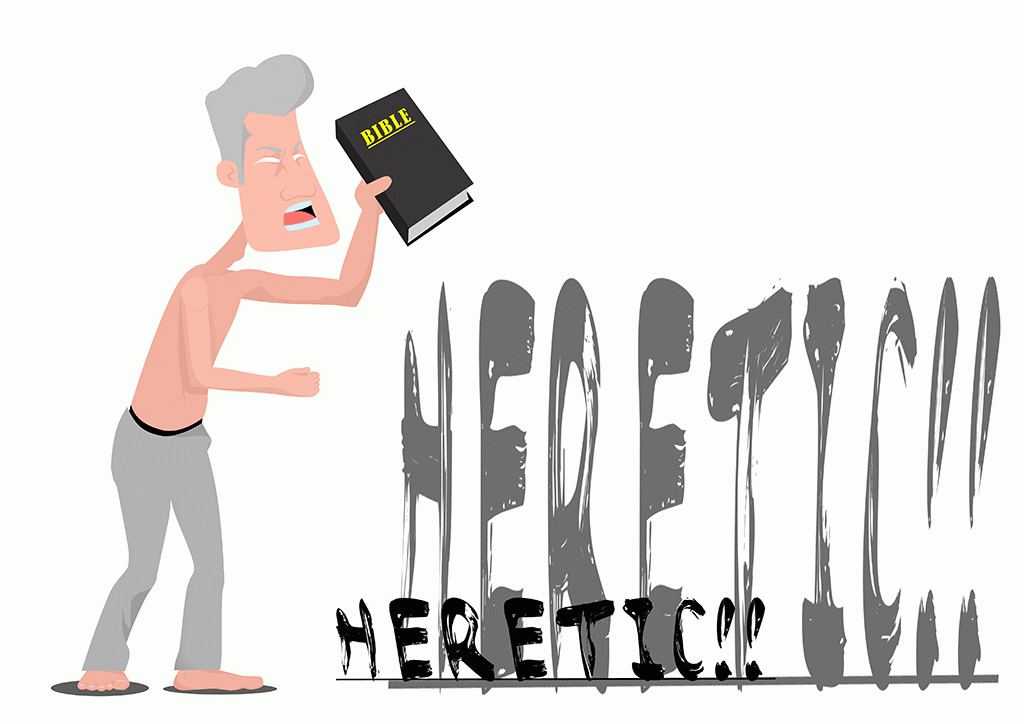I grow weary of the increasing cultural divide in America. When I turn on the TV, scroll through my Facebook feed, see signs in the city streets, and now even when I watch sports, I am forced to see my fellow Americans harass and berate each other. The left criticizes conservatives for being uneducated and bigoted, while the religious right demands the whole country to observe some manifest moral standard. We don’t listen to each other anymore… we just meme, …
Christianity: Thoughts From A Fundamentalist ChristianRead More »
Interested in non-clickbait content? Become a member today.
You'll get access to:
- All content
- Comic Books
- Personalized cartoons
- Member credits in our videos and much more!
Become a member
Already a member? Log In


